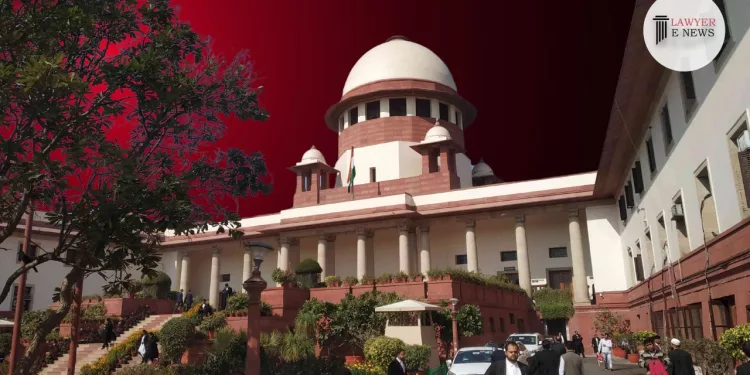Supreme Court Grants Bail in NDPS Case, Citing ‘Protracted Trial’ and Lack of Prior Criminal Record”

High Court’s rejection of bail overturned, Supreme Court emphasizes the need for timely trials and safeguarding constitutional rights.
In a significant ruling, the Supreme Court of India has granted bail to Mark Floyd D’Costa, an accused in a narcotics case under the NDPS Act, who has been in custody for over three years without significant trial progress. The judgment, delivered by Justices B.V. Nagarathna and Ujjal Bhuyan, underscores the critical importance of timely trials and the protection of constitutional rights for the accused.
Mark Floyd D’Costa was arrested on March 27, 2021, by the Narcotics Control Bureau (NCB) for offences under Sections 8©, 22(B), 22(C), 24(C), 27, 27A, 28, and 29 of the Narcotic Drugs and Psychotropic Substances Act, 1985 (NDPS Act). He has been in custody since his arrest. Despite the gravity of the charges, which include possession and trafficking of narcotic drugs and psychotropic substances, the trial had not progressed significantly. Charges were framed only on March 19, 2024, leading to a substantial delay.
The Supreme Court took serious note of the undue delay in the trial process. “The charges have been framed after three years of custody, and there has been no subsequent progress in the matter,” the bench observed, highlighting the necessity for expeditious trial proceedings in line with constitutional rights. The court emphasized that the protracted trial process could not be justified, especially when the appellant had no prior criminal antecedents.
While granting bail, the Supreme Court imposed strict conditions to ensure the appellant’s presence during the trial. “The appellant shall extend complete cooperation in the trial of the instant case and shall not misuse his liberty in any manner,” directed the bench. Any infraction of these conditions would lead to the cancellation of bail.
The judgment discussed the balance between the gravity of the offence and the rights of the accused. “We have considered the contentions advanced at the Bar and we are of the view that the appellant has made out a case for grant of bail,” the bench stated, emphasizing the principles of fairness and justice in the legal process. The court acknowledged that while the offence is punishable with rigorous imprisonment of up to 20 years, the prolonged custody without trial progress warranted relief.
Justice B.V. Nagarathna remarked, “The appellant has been languishing in jail for three and a half years; that the appellant has a good case on merits. The charges have been framed as late as on 19.03.2024 and subsequently, there has been no progress in the matter.”
The Supreme Court’s decision to grant bail to Mark Floyd D’Costa highlights the judiciary’s commitment to upholding the constitutional rights of individuals, even in serious narcotics cases. By emphasizing the need for timely trials and fair treatment of first-time offenders, the judgment sends a strong message about the importance of due process and the protection of individual liberties. This landmark ruling is expected to influence future cases, ensuring that justice is not only done but seen to be done in a timely manner.
Date of Decision: June 24, 2024
Mark Floyd D’Costa vs. Intelligence Officer, Narcotics Control Bureau






